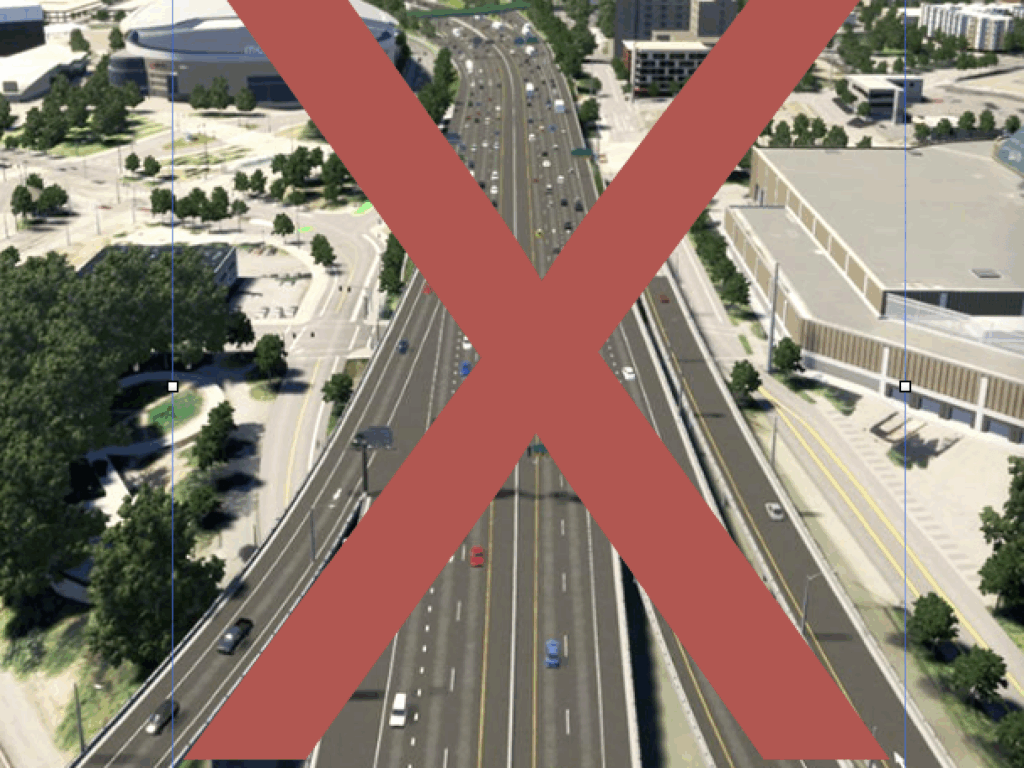What City Observatory did this week
Black Friday, Cyber Monday, Gridlock Tuesday? The day after a nation celebrates its socially distanced “Zoom Thanksgiving” we’ll look to see how the pandemic affects the traditional “Black Friday” shopping spree. It seems likely that more retail sales than ever will gravitate to on-line shopping. That’s got many self-styled smart city futurists predicting gridlock from more and more delivery vehicles.
But paradoxically, buying stuff on-line and having it delivered actually reduces vehicle miles traveled, because each mile traveled by a delivery truck wipes out 30 (or more) miles driven by shoppers in their cars. And because delivery density increases the more packages Amazon or Fedex or UPS deliver—their trucks are traveling shorter and shorter distances between deliveries, making them greener and more energy efficient.
Must read
1. Brookings ideas on climate policy for the Biden Administration. As the presidential transition proceeds, the policy experts at the Brookings Institution are offering their thoughts on what the federal government might due to reinvigorate the nation’s climate efforts. We were struck by suggestions from two Brookings scholars, Jenny Schuetz and Adie Tomer. Schuetz made a strong case for reforming land use and making it easier to build more housing in cities, where living is greener. For too long, federal policy has encouraged sprawling development that’s only made greenhouse gases increase:
Each year, we see more evidence of the devastating financial and human costs of building homes in the “wrong” places—and yet we continue to do it.
Adie Tomer echoes this diagnosis:
Neighborhoods designed at a human-scale—ones with greater proximity between homes and destinations—lead to far shorter trips. The problem is most of metropolitan America stopped building these neighborhoods long ago.
And, as Tomer notes, subsidizing electric vehicles would just repeat the mistakes of past federal policies, incentivizing more sprawl and long-distance trips. Instead, we need to look for ways to build more human scale neighborhoods. That, and not a technical fix, is a critical choice for the climate.
2. A transportation parable: Gas lines. Michael Manville of UCLA takes an historical event, America’s gas lines from the “Energy Crisis” of the early and late 1970s,” and deploys it as a parable of why we have traffic congestion, and what we can do to solve it. For a time in the seventies, America’s energy policy was stuck by the imagined political impossibility of allowing gas prices to rise in the face of global oil shortages. Rather than allow prices to rise, we resorted to official and unofficial rationing, everything from alternate day purchases, to gallon limits, to simply having long lines at the pump.



